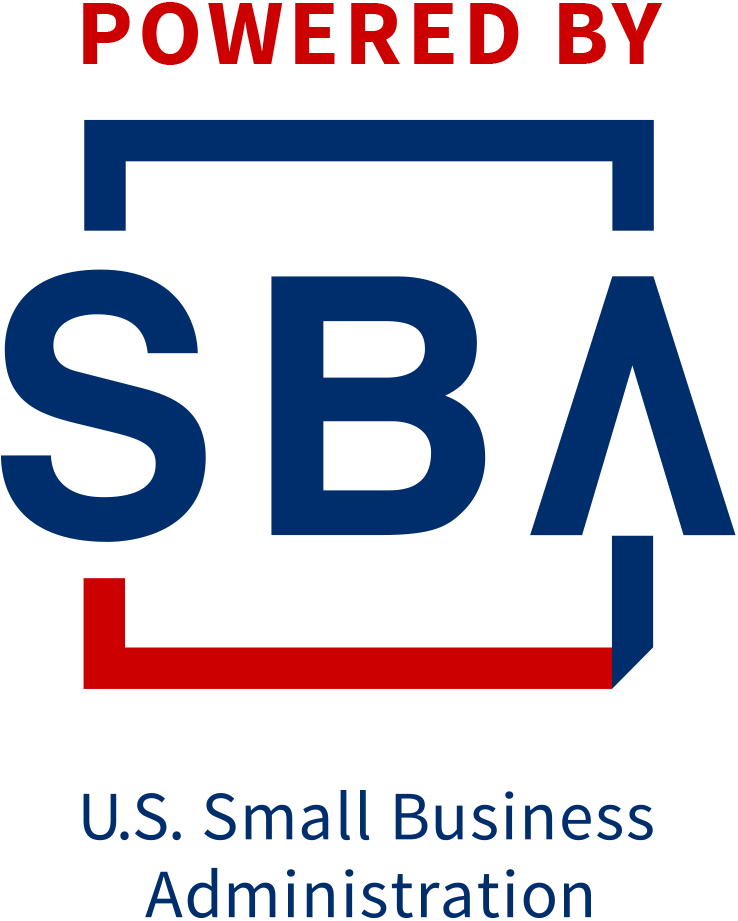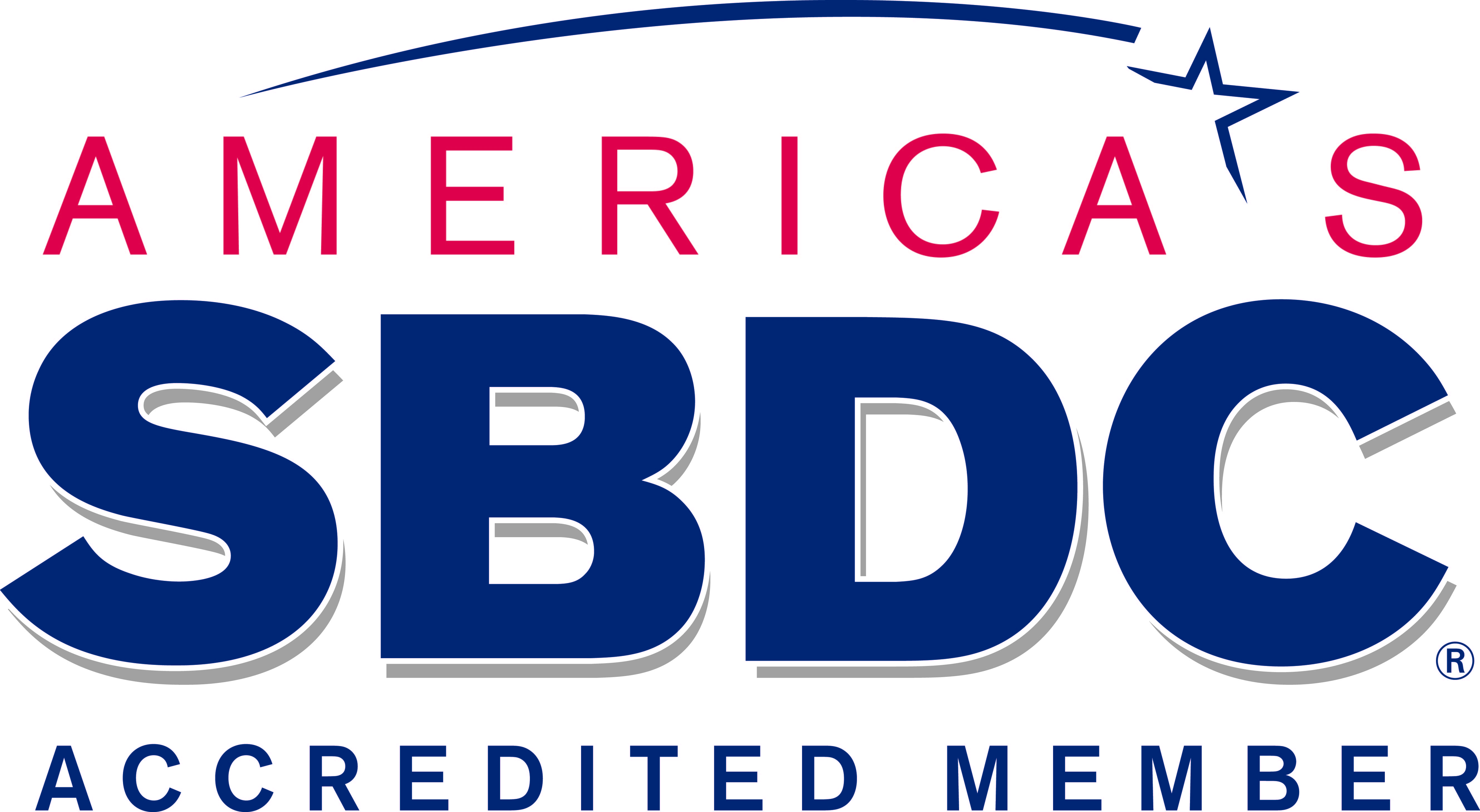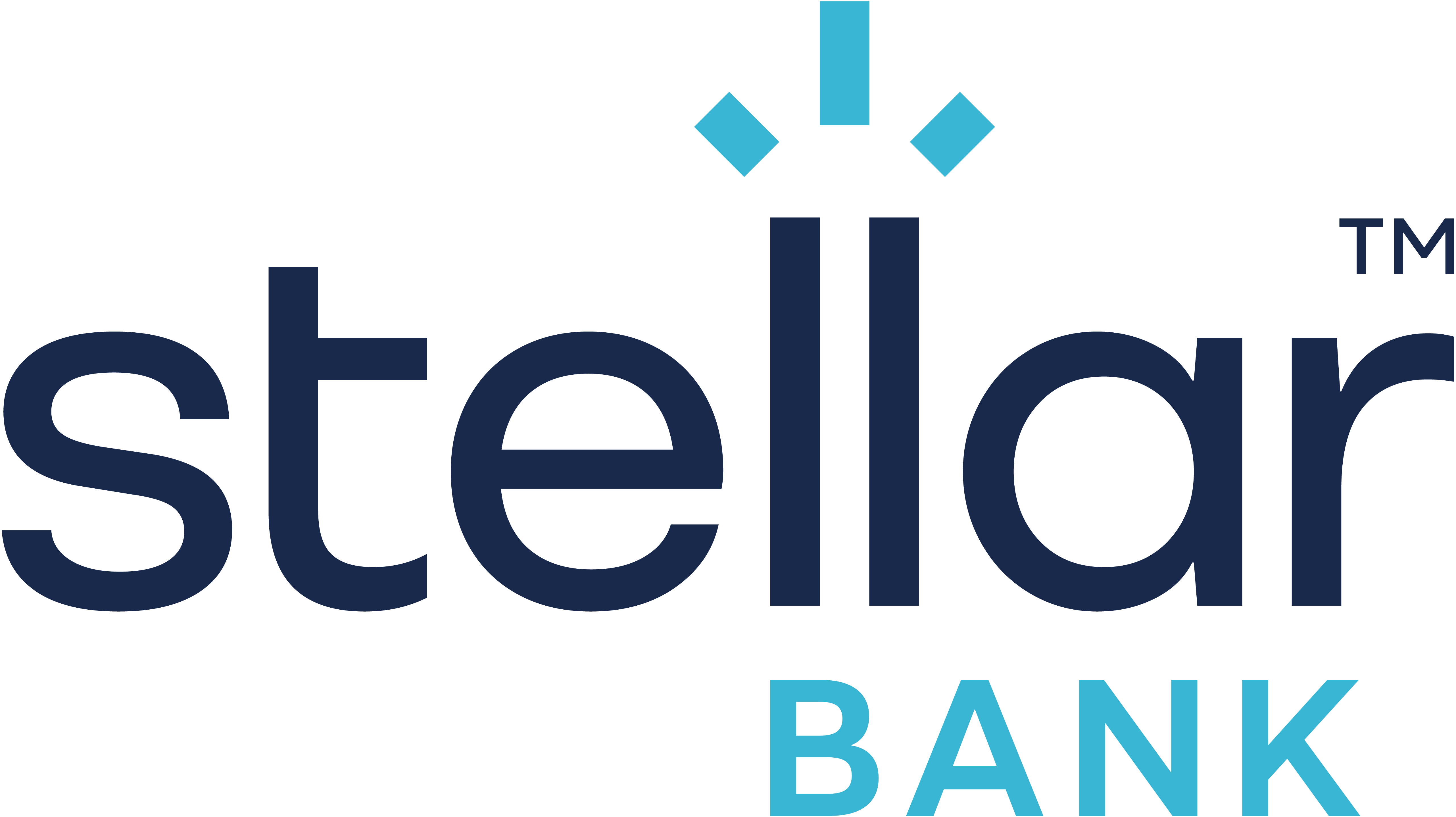Choosing the Best Business Structure

By Toni Carter
Selecting the appropriate business structure is a critical decision for any entrepreneur. The structure you choose will not only impact the day-to-day operations of your business but also affect factors such as taxation, liability, and the level of control you maintain. It's essential to find a structure that offers the ideal balance of legal protections and benefits tailored to your specific business needs and goals.
Understanding the Impact: The business structure you select will shape various aspects of your enterprise, including:
- Legal Liability: Determines how much of your personal assets are at risk in the event of lawsuits or debts incurred by the business.
- Taxation: Influences how your business income is taxed and the potential for deductions and credits.
- Control: Dictates the level of autonomy and decision-making authority you retain over your business.
- Operational Flexibility: Affects the ease with which you can make changes to your business structure as it grows or evolves.
Common Business Structures:
- Sole Proprietorship:
- Simplest and most common form of business structure.
- Owned and operated by a single individual.
- Directly responsible for all business operations and liabilities.
- Personal assets are at risk in the event of legal action against the business.
- Partnership:
- Formed by two or more individuals sharing ownership and responsibilities.
- Partnerships can be general partnerships (equal sharing of profits and liabilities) or limited partnerships (one or more general partners with limited partners who invest but have minimal involvement).
- Partners are jointly liable for the debts and obligations of the partnership.
- Limited Liability Company (LLC):
- Offers the liability protection of a corporation with the operational flexibility of a partnership.
- Owners (members) are not personally liable for the company's debts and liabilities.
- Can choose to be taxed as a partnership, S corporation, or C corporation.
- Corporation:
- A separate legal entity owned by shareholders.
- Provides the highest level of personal liability protection for owners.
- Types of corporations include C Corp, S Corp, Benefit Corporation, Close Corporation, and Nonprofit Corporation, each with unique characteristics and tax implications.
- Cooperative:
- Owned and operated by the people who use its services or benefit from its products.
- Members have a say in the business decisions and share in the profits or benefits.
- Examples include agricultural cooperatives, credit unions, and worker cooperatives.
Ready to make an informed decision about your business structure? Schedule a session with an SBDC Business Advisor today. Our experienced advisors can provide personalized guidance tailored to your specific business needs, helping you navigate the complexities of choosing the best structure for your venture. Whether you prefer an in-person or virtual appointment, our SBDC team is here to support you every step of the way.







